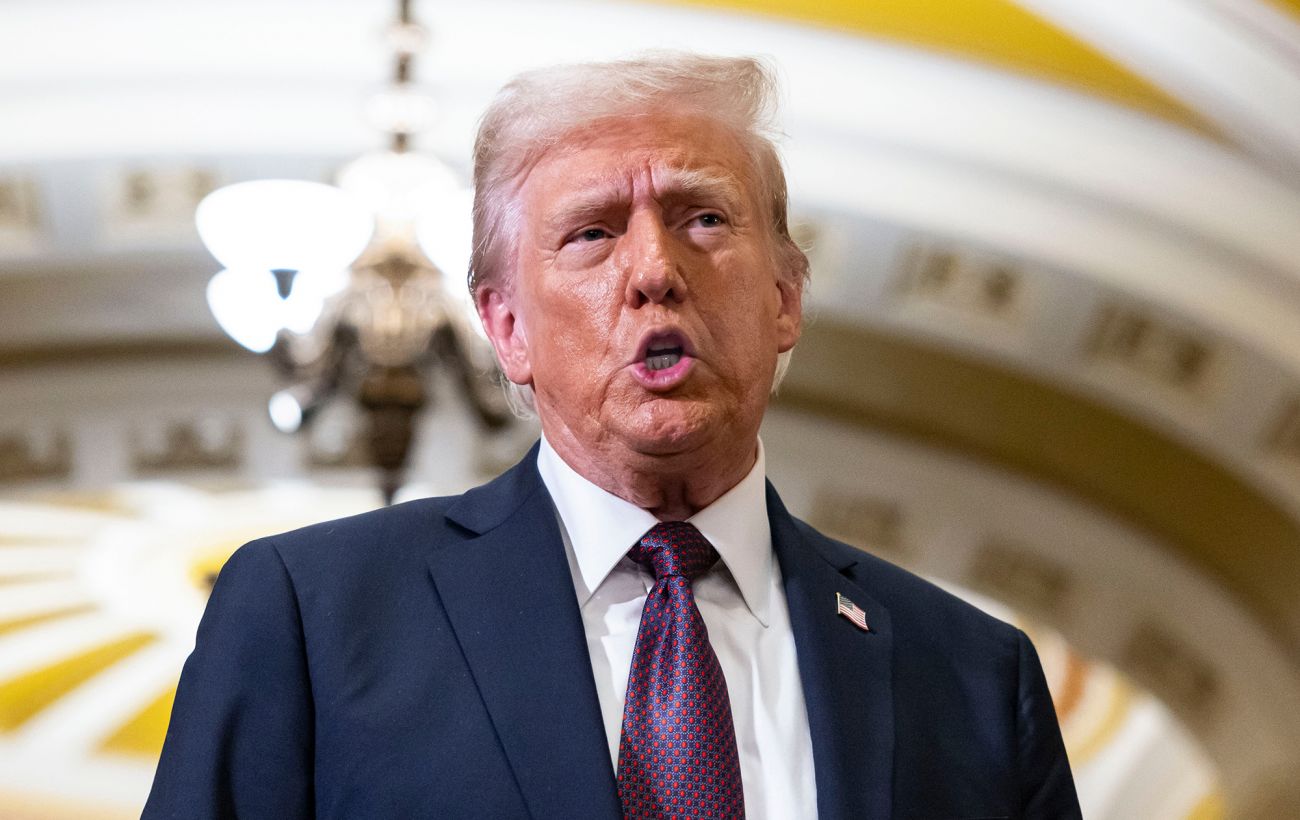Germany's AfD and Its Political Waiting Game
In Germany, the far-right Alternative for Germany (AfD) party is becoming an increasingly prominent force amid political upheaval, while facing significant challenges due to its controversial positions.
Published February 20, 2025 - 00:02am
Image recovered from timeslive.co.za
In the landscape of German politics, the far-right Alternative for Germany (AfD) continues to make waves as it awaits a potential rise to power. Despite its exclusion from coalitions due to a strong stance from mainstream parties, the AfD is garnering substantial support from a disillusioned electorate. The chant 'Alice für Deutschland' during leader Alice Weidel's rally drew criticism for its provocative echoes of a Nazi-era slogan, highlighting the controversies that swirl around the party.
Polling at approximately 21%, the AfD stands as the second most popular party in Germany. Yet, its ideological leanings have marked it as a political pariah among major parties, a remnant of Germany's Nazi past that continues to shape the country's electoral strategies. As a result, Germany's established parties remain steadfast in their 'firewall' policy, a commitment not to ally with the AfD, which remains under surveillance by domestic intelligence services.
Across the nation's political spectrum, reactions to the AfD's presence vary. Analysts point out that the increased electoral support may reflect a broader protest against the current political establishment rather than a wholehearted embrace of the AfD's values. Michael Flügger, the German ambassador to Switzerland, has classified much of the support as a 'vote of protest.' He acknowledges the societal fractures and security challenges that may be fueling this sentiment, emphasizing the historical context that prevents the party from gaining governmental power despite its growing influence.
The AfD's journey mirrors the broader shifts within Germany's political climate. With the CDU, led by Friedrich Merz, retaining a firm grip on voter support and poised for victory in the upcoming February elections, the political landscape is poised for change. Scholz's SPD, struggling to keep pace, reflects the shifting priorities of an electorate grappling with economic concerns, an energy crisis, and migration issues.
The conversation around migration remains particularly charged. Violent attacks involving foreign suspects have intensified public discourse on security, with the AfD advocating for stringent immigration policies. Its radical approach includes proposals to close borders and restrict family reunifications, provoking heated debates on Germany's path forward in addressing migration.
In contrast, the Greens propose more humanitarian policies, emphasizing integration and a measured response to migration challenges. This ideological divide showcases the complexity of forming a cohesive government capable of addressing diverse voter concerns while navigating contentious political terrain.
The AfD's international connections further complicate its image. Its past affiliation with France's Rassemblement National (RN) underlines the interconnected nature of far-right politics across Europe. Although the official alliance dissolved amid revisionist statements by AfD figures, informal intellectual and ideological links persist between the two nationalist parties, revealing the undercurrents of commonality that transcend national boundaries.
As Germany approaches a crucial electoral juncture, questions about the future of its democratic values loom large. The need for a stable government capable of addressing economic pressures and societal divisions is paramount. Whether the AfD's rise signifies a temporary protest or heralds a broader political shift, its role in shaping Germany's political terrain remains significant.
For now, the AfD waits in the wings, its potential impact on Germany's political scene undeniable yet uncertain, embodying a complex interplay of historical memory, current discontent, and future possibilities.







